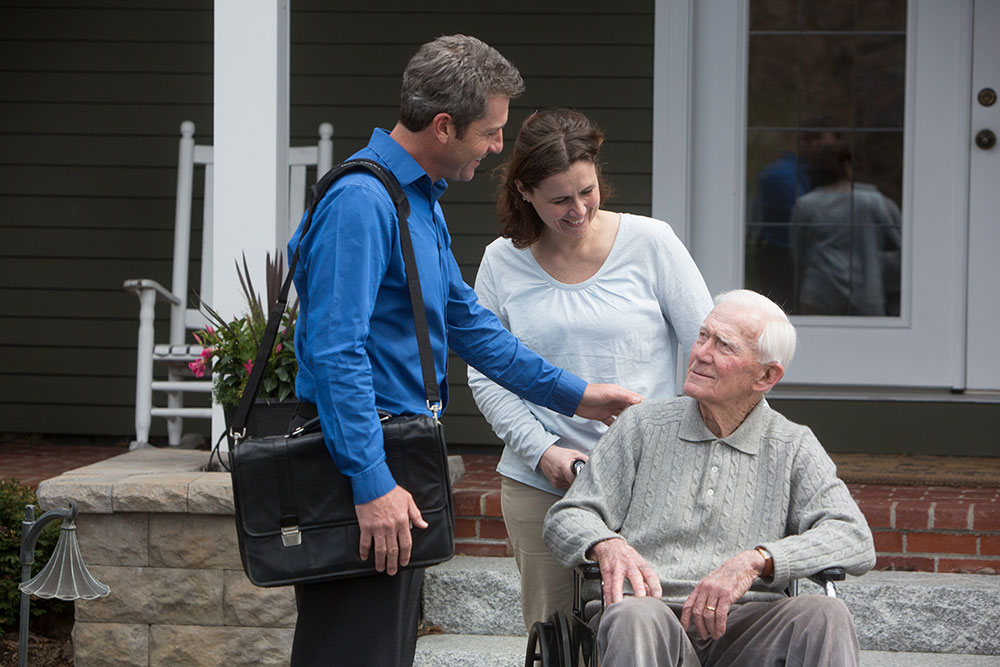At that point, only a small portion - roughly a quarter - of the estimated 50-plus million people providing elder care had cut work hours to take care of a senior.
But in 2015, the AARP said that number had more than doubled, with roughly 60% of employees with such responsibilities indicating that caring for a senior relative had driven them to scale back work in some capacity.
It's an enormous number. And yet it's a quiet majority. While child care responsibilities arrive with the fanfare of a new baby, elder care generally simmers below the surface. Yet the impacts are staggering. Productivity losses are estimated in the billions.
How can you know where your elder care in the workforce problems are...and figure out what to do?
Ask Your Employees about Elder Care Needs
Without actually seeing elder care in your workforce, it's easy to imagine it's not there. But as the above shows it's not only everywhere, it's quietly chewing at bottom lines. Affinity groups can offer some insight, but to get the full picture, you'll want to be deliberate and ask the question out right, perhaps including, "Do you have now or see yourself having elder care responsibilities in the future?" in your next employee survey.
Consider Your Elder Care Options
Caring for seniors is one of those problems that seems impossible to get a hold of. But remember, people thought that about child care once and companies on the leading edge of that charge are still basking in the glow of the "we care about our people" emblem. Elder care doesn't mean setting up employer-sponsored senior centers, but it does mean providing the resources to relieve some of the burden. The AARP says people caring for elders devote an estimated 25 hours a week to finding things like medical services and professional assistance. And a not-so-small source of productivity losses comes from the inevitable (and substantial) wheel spinning connected to trying to figure out where to go for those services. So as a starting point, a platform of experts that can whittle the options can have substantial value.
Leverage Existing Infrastructure
Child care is much on everyone's mind these days - and with 40 million or so families with young children, for good reason. But delayed child bearing paired with a population of Boomer parents turning 65 at the rate of 10 thousand per day is leaving people sandwiched between the elders and infants. So it's highly likely that the same employees - many of your most experienced - who are sweating about child care for young children are also worrying about aging parents across the country. If you've got the infrastructure for in-home child care, you'd be wise to leverage it for elder care as well. And if you don't offer either, now's a good time to think about it since it'll equally tackle two big obstacles to productivity - both on the minds of Millennials on the job hunt - while taking into account the important element of benefit equity.
Elder care in the Workforce and the Value of Culture
Finally, take a good look at your culture. While the AARP exposed the fact that many people may cut back hours to care for parents, the actual occurrence may well catch employers by surprise. Why? Our Modern Family Index indicated that working mothers and fathers didn't feel they could be candid about family responsibilities - specifically, they said they thought mentioning them would get them fired. That concern no doubt extends to people dealing with elders as well as children.So consider your organization's culture. Is it open to personal issues? Are your managers well trained in cultural expectations? If not, now's a good time to open the employee handbook and figure out how and where to make adjustments with regard to things like flexibility and working remotely.
It may make the difference between employees who manage...and those who just walk out the door.





